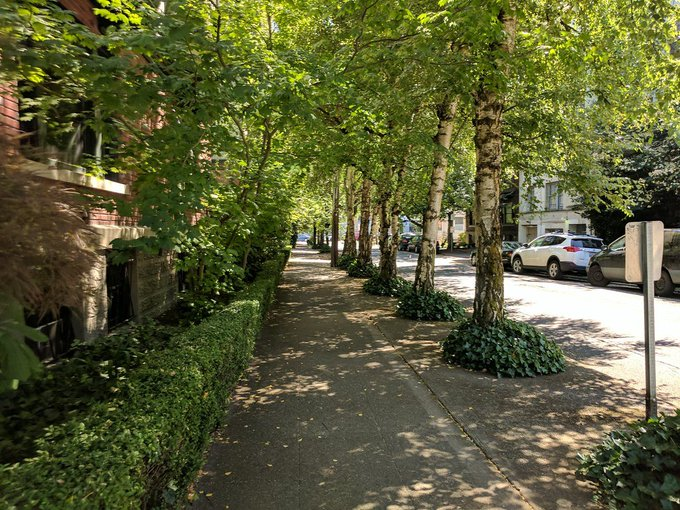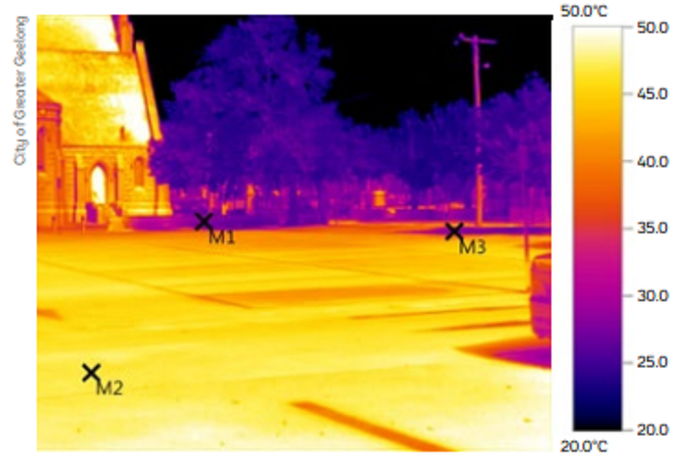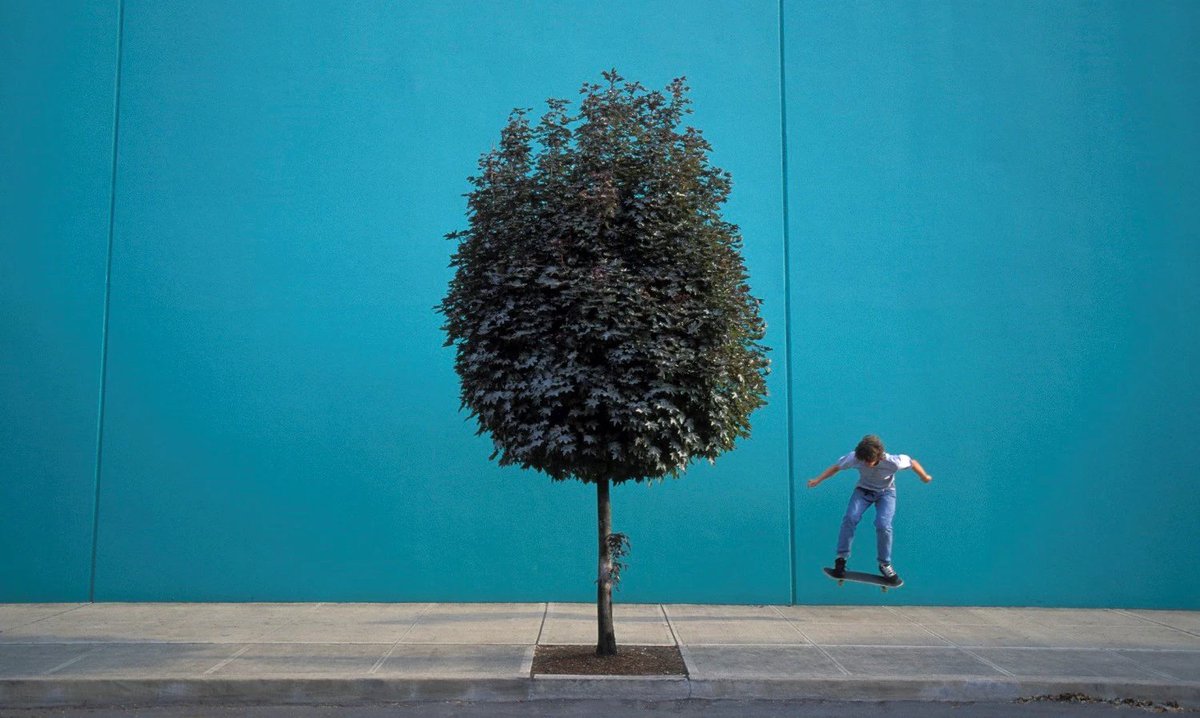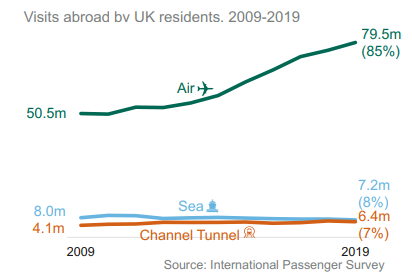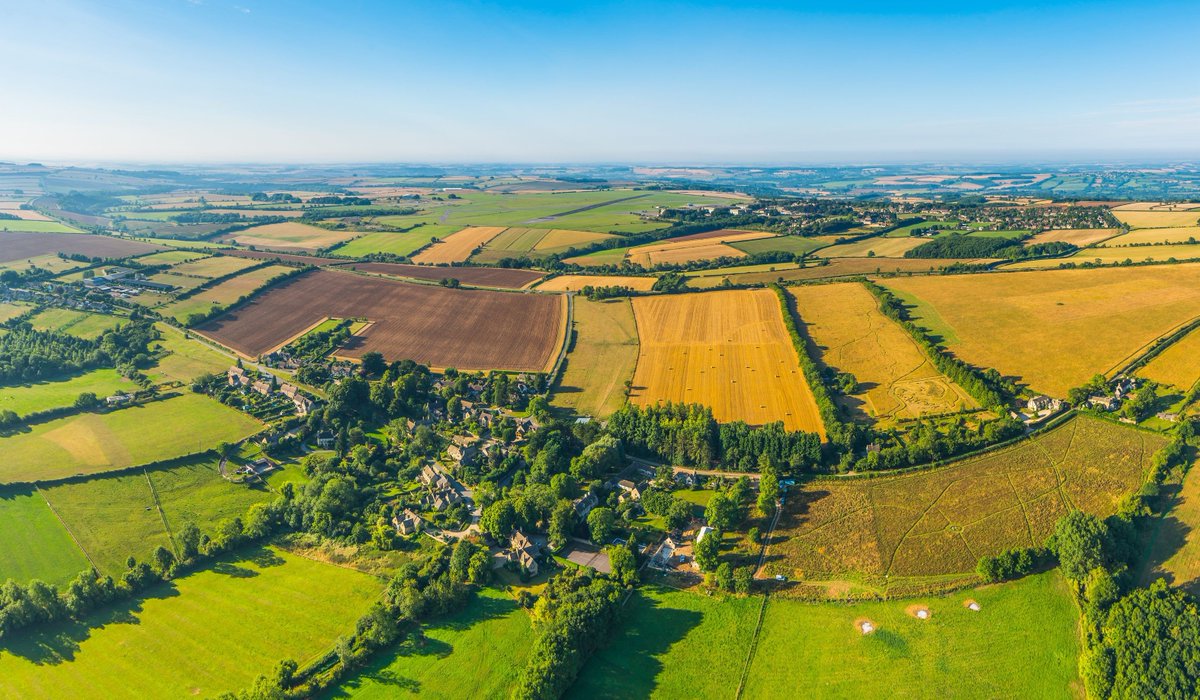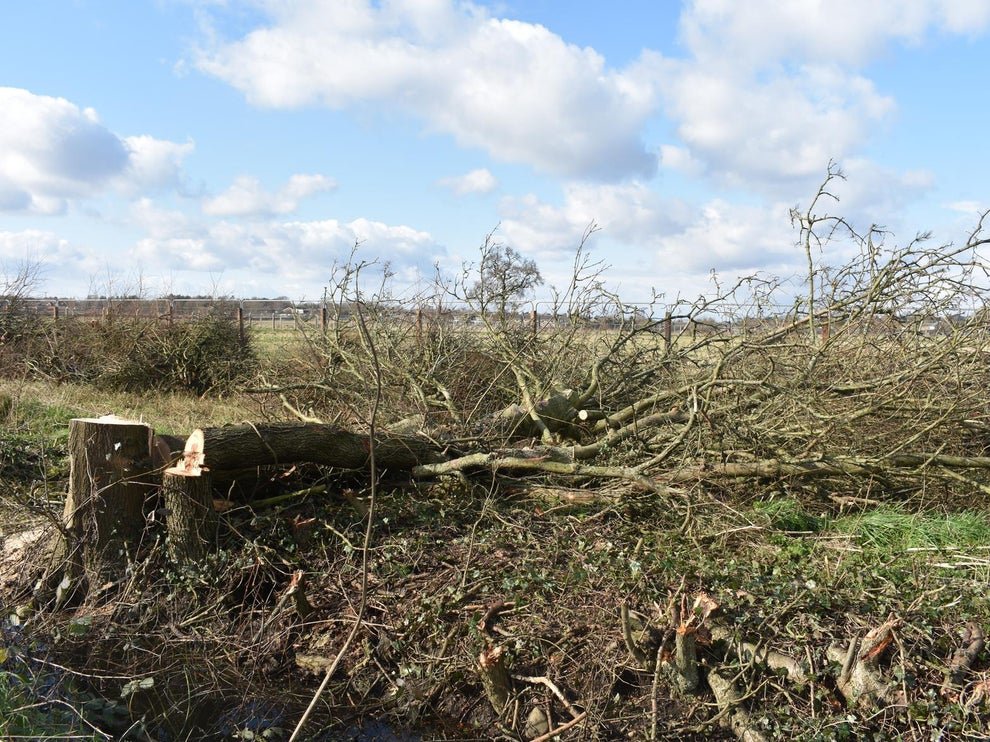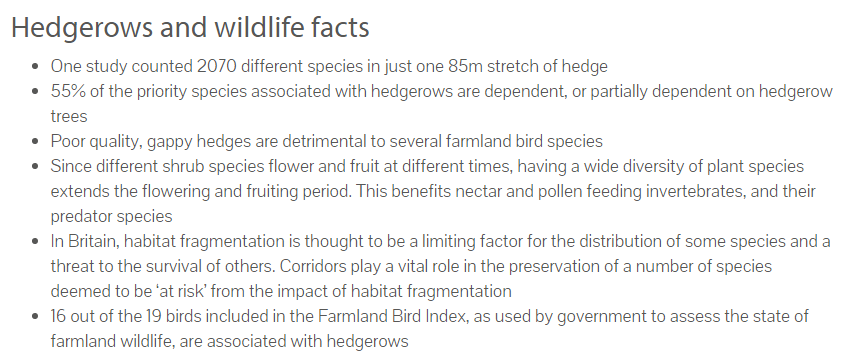
1/ Just encountered a City Council seeking to spend a large budget on street trees. Good news, were it not for the way in which they want to distribute funding, which risks perpetuating inequality of access to tree canopy and failing to maximise the trees' environmental benefits. 

2/ The Council in question is inviting people to apply for street trees, rather than developing its own plan. Since street trees can increase property prices by 15%+, such an approach risks unevenly impacting housing costs and driving gentrification. poverty.ac.uk/report-welfare…
3/ This isn't an argument against delivering street trees - they are an environmental/public health necessity in the urban environment - it's an argument for distributing them evenly and on a rationale basis, so they can't become a force for inequality. audubon.org/news/in-los-an…
4/ Not only is the Council allowing people to request trees (favouring households with high levels of social capital) it's also stated that it is primarily considering streets with pavements that are already wide enough to house new trees. Now, who do you think that will benefit? 



5/ As I've noted previously, street trees not only deliver numerous 'ecosystem services' of benefit to insects and avian life, but are essential public health infrastructure that stands to benefit deprived neighbourhoods most...
https://twitter.com/jonburkeUK/status/1398286150243176452
6/ Crucially, unevenly distributing canopy does not only mean higher temperatures, hospital admissions, and power outages for the poorest, it impacts on everyone. We don't need 60% canopy cover on some streets and 0% on others, we need 40% canopy on all. pubmed.ncbi.nlm.nih.gov/30910972/
7/ Uneven access to green space proven to enhance mental and physical health already afflicts our cities. By applying street tree policies that culturally and structurally favour the well-off, we'll only exacerbate the 'green gap'.
https://twitter.com/jonburkeUK/status/1367830560832380928
8/ But, as in the case of the street programme I delivered in Hackney, there is a lot we can do as local government officers and Councillors to redress the historical injustice of uneven access to the urban canopy. Starting here...
https://twitter.com/jonburkeUK/status/1225108059451809792
9/ ...and we must go even further than that, to ensure that the measly pavements that often accompany housing in poorer neighbourhoods is no barrier to greening the public realm. In short, we need to radically reimagine our urban environments...
https://twitter.com/jonburkeUK/status/1328414126356525058
10/ Now, I'm not going to 'name and shame' the Council in question - because I think they're (misguidedly) trying to do the right thing - but I am going to offer them some principles for a socially-just, universally beneficial approach to urban forestry...
• • •
Missing some Tweet in this thread? You can try to
force a refresh


